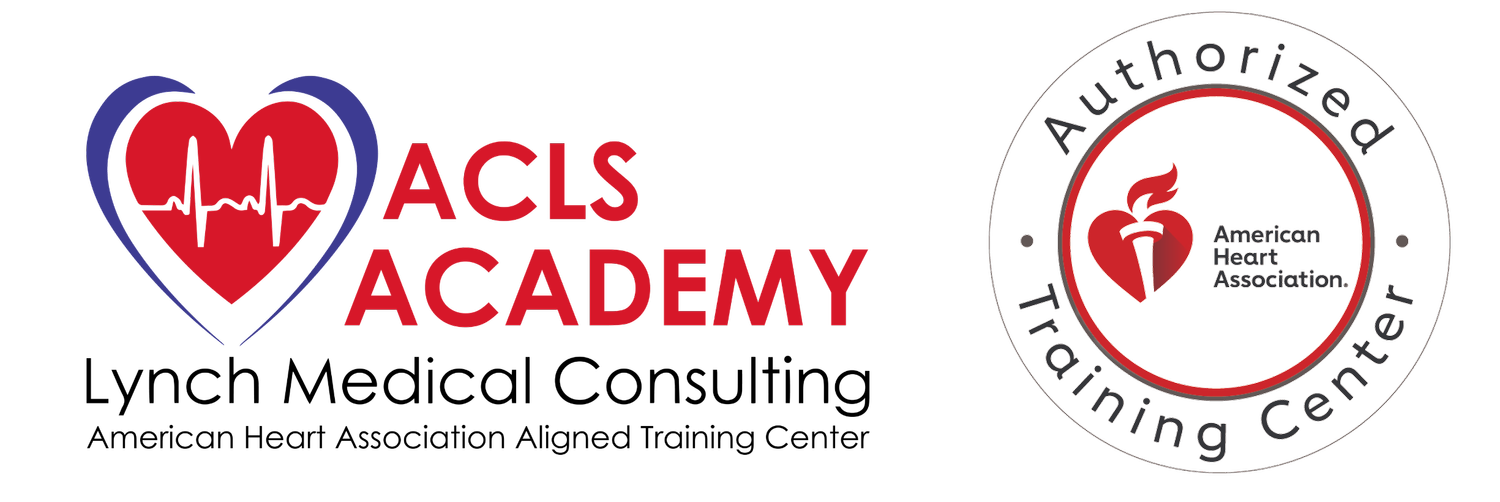April isn't just about welcoming spring blooms and warmer weather; it's also a time to spotlight stress. Stress Awareness Month is a crucial opportunity to delve into the intricate relationship between stress and heart health. While stress is often viewed as a mental or emotional burden, its impact extends far beyond that, deeply affecting our physical well-being, particularly the health of our hearts.
The connection between stress and heart health is undeniable. When stressed, our hormones, like adrenaline and cortisol, trigger the "fight or flight" response. While this response can be lifesaving in emergencies, chronic stress keeps these hormones elevated, leading to a cascade of adverse effects on the cardiovascular system.
One of the most significant ways stress impacts heart health is through increased blood pressure. When stress hormones flood the body, blood vessels constrict, causing blood pressure to rise. Over time, this elevated pressure can damage the arteries, leading to conditions like hypertension and increasing the risk of heart disease, heart attacks, and strokes.
Furthermore, chronic stress contributes to inflammation throughout the body, including in the arteries. Inflammation plays a key role in developing atherosclerosis, where fatty deposits build up in the arteries, narrowing them and impeding blood flow. This process can ultimately lead to heart attacks and other cardiovascular events.
Stress also influences behaviors that can harm the heart. Many people turn to unhealthy coping mechanisms when stressed, such as overeating, smoking, or consuming excessive alcohol. These habits can increase the risk of obesity, high cholesterol, and diabetes—major risk factors for heart disease.
Moreover, stress can disrupt sleep patterns, another factor linked to heart health. Poor sleep not only leaves us feeling tired and irritable but also increases the risk of conditions like obesity, diabetes, and hypertension, all of which can harm the heart.
It's essential to recognize that stress affects individuals differently. What might be manageable stress for one person could be overwhelming for another. Genetics, upbringing, personality, and external circumstances affect how we respond to stress. However, regardless of our thresholds, managing stress is crucial for protecting our heart health.
So, what actions can be taken to mitigate the impact of stress on our hearts? The key lies in adopting healthy coping mechanisms and lifestyle habits that promote resilience and well-being.
1. Prioritize Self-Care: Engage in activities that promote relaxation and calmness, such as meditation, deep breathing exercises, yoga, or spending time in nature. Taking daily breaks to rest and recharge can also help manage stress levels.
2. Stay Active: Regular physical activity is beneficial for cardiovascular health and an excellent way to reduce stress. Aim for at least 30 minutes of moderate exercise, whether walking, cycling, swimming, or dancing, most days of the week.
3. Eat Well: A balanced diet of fruits, vegetables, whole grains, lean proteins, and healthy fats provides the nutrients your body needs to combat stress and support heart health. Limiting processed foods, sugary snacks, and excessive caffeine can also help stabilize mood and energy levels.
4. Build Strong Connections: Cultivate supportive relationships with friends, family, and community members. Sharing your feelings and experiences with others can provide comfort and perspective, reducing feelings of isolation and stress.
5. Get Adequate Sleep: Aim for 7-9 hours of quality sleep per night. Establish a relaxing bedtime routine, create a comfortable sleep environment, and avoid screens and stimulating activities before bed.
6. Practice Mindfulness: Incorporate mindfulness techniques into your daily routine to cultivate awareness and reduce stress reactivity. Mindfulness meditation, body scans, and mindful eating can help you stay grounded and centered amidst life's challenges.
7. Seek Support: If stress feels overwhelming or unmanageable, don't hesitate to seek professional help. Therapists, counselors, and support groups can provide valuable guidance and support in developing coping strategies and improving resilience.
As we observe Stress Awareness Month this April, let's commit to prioritizing our heart health by managing stress effectively. Adopting healthy habits and seeking support when needed can protect our hearts and cultivate a greater sense of well-being. Remember, caring for your mental and emotional health is just as important as caring for your physical health—both are essential for a thriving life.
ACLS Academy is an authorized American Heart Association (AHA) Aligned Training Center. We have three convenient locations in Massachusetts – Quincy, Bridgewater, and Newton Center with most of our classes including an online training component. We provide high-quality courses taught by instructors practicing in the medical profession for ACLS, TNCC, BLS, ENPC, NRP, PALS, Bloodborne Pathogen, HeartSaver CPR/AED, First Aid, and Instructor Courses. Please browse our catalog of courses.

